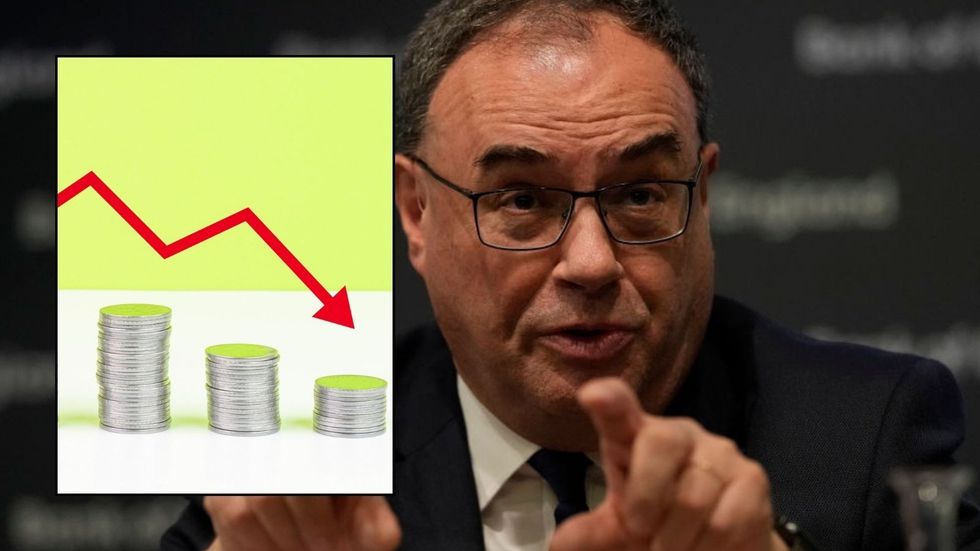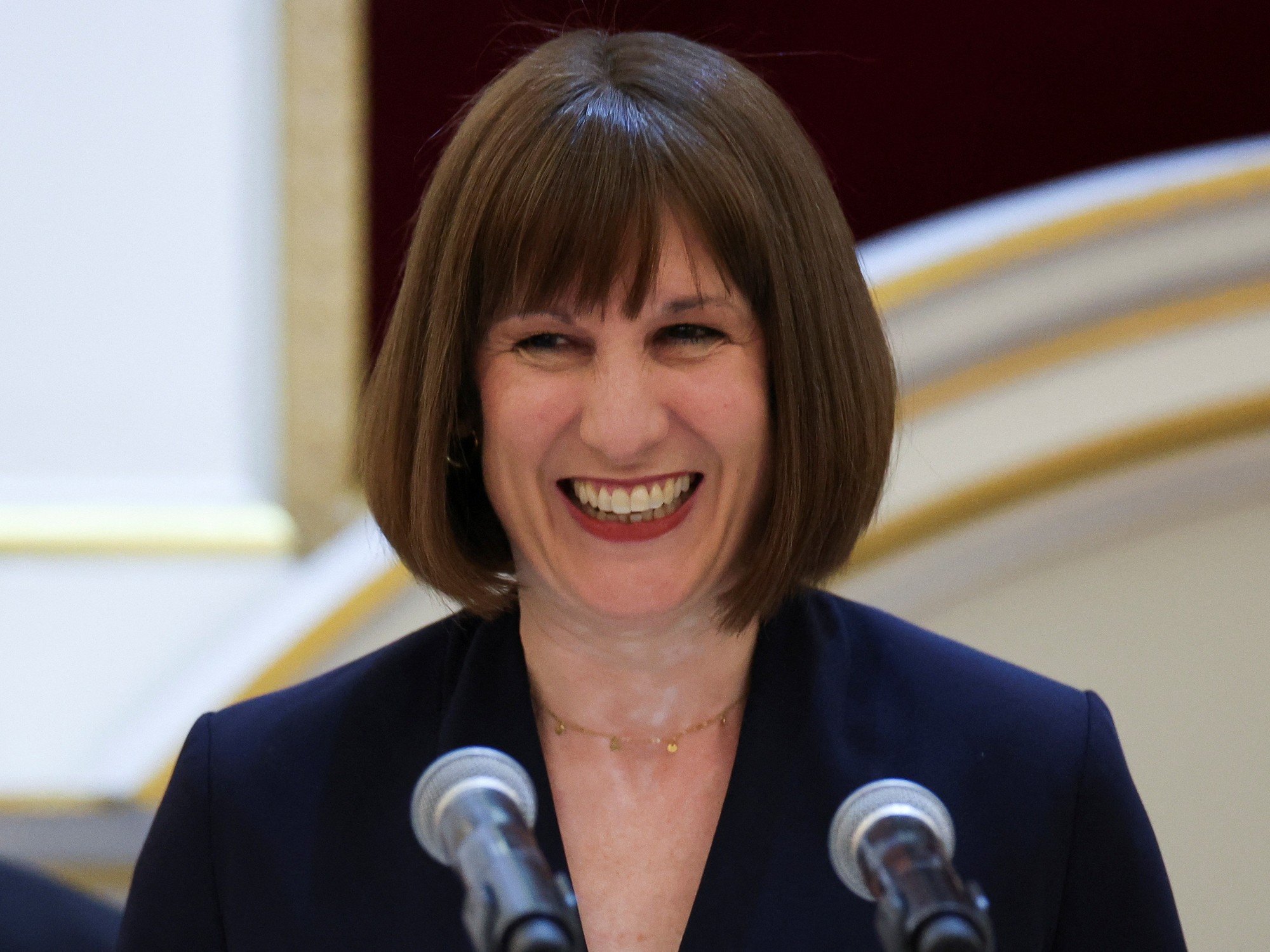UK inflation is expected to swing back above the Bank of England’s target
GETTY
UK inflation has risen to its highest level since April driven by an increase in household energy bills, according to official figures
Don't Miss
Most Read
Trending on GB News
The rate of Consumer Prices Index inflation increased to 2.3 per cent in October from 1.7 per cent in September, the Office for National Statistics said.
It is the sharpest month-on-month increase in the rate of inflation for two years.
Inflation was higher than expected for the month, after economists had predicted a reading of 2.2 per cent.
ONS chief economist Grant Fitzner said: “Inflation rose this month as the increase in the energy price cap meant higher costs for gas and electricity compared with a fall at the same time last year.
“These were partially offset by falls in recreation and culture, including live music and theatre ticket price.
“The cost of raw materials for businesses continued to fall, once again driven by lower crude oil price.”

Experts believe it is now likely to reduce the already low chances of another base rate cut in December
GETTYThe main driver behind the latest inflation uplift was the 10 per cent increase in the Ofgem Energy Price Cap that kicked in on October 1.
The average household saw their energy bills increase by £149 a year after regulator Ofgem raised the cap from £1,568 for a typical dual fuel household in England, Scotland and Wales to £1,717.
The announcement today means inflation is back above the Bank of England's two per cent target and experts believe it is now likely to reduce the already low chances of another base rate cut in December.
Bank governor Andrew Bailey yesterday repeated his view that rate cuts should be gradual - amid concern the employers' National Insurance hike announced in the budget could drive up prices.
He said the Bank would monitor the policy's impact, with analysts suggesting employers could pass on the tax rise to consumers.
The next base rate decision is on 19 December. There is one more set of inflation data before then.
Alice Haine, Personal Finance Analyst at Bestinvest by Evelyn Partners, the online investment platform, said: "Core inflation, which strips out the more volatile items such as food, alcohol and tobacco, also edged up to 3.3 per cent in October from 3.2 per cent in September along with CPI services inflation, which rose to five per cent, something that might cause concern for the BoE ahead of its final rate decision of the year next month.
“An uptick in the headline inflation figure will be worrying for households who may be fearing a return to the dark days of rapid price rises that devastated household budgets in recent years.
"Higher inflation diminishes spending power and erodes savings, making it harder for people to maintain their living standards."
She added: "Homeowners and first-time buyers are likely to be disheartened by the latest inflation reading, as it reduces the likelihood of a third rate cut this year.
"The average cost of a new fixed-rate mortgage has been creeping up since the Budget, as lenders price their products to reflect expectations that interest rates may stay higher for longer.
"With the latest inflation reading confirming that inflation has not only risen back above the BoE’s two per cent target but has come in higher than expected, it means that mortgage borrowers could have more pain to contend with if more lenders adjust their rates upwards."
Shadow chancellor Mel Stride warned the impact of the Budget would push up inflation.
He said: "Having brought inflation back down to target, we know how important it is for all of us that the Government does the same.
“What is worrying about today’s announcement is that inflation is running ahead of expectations and official forecasts state these figures are not expected to improve.
"Labour’s Budget will push up inflation and mortgage rates. It’s higher inflation and lower growth under Labour.”







